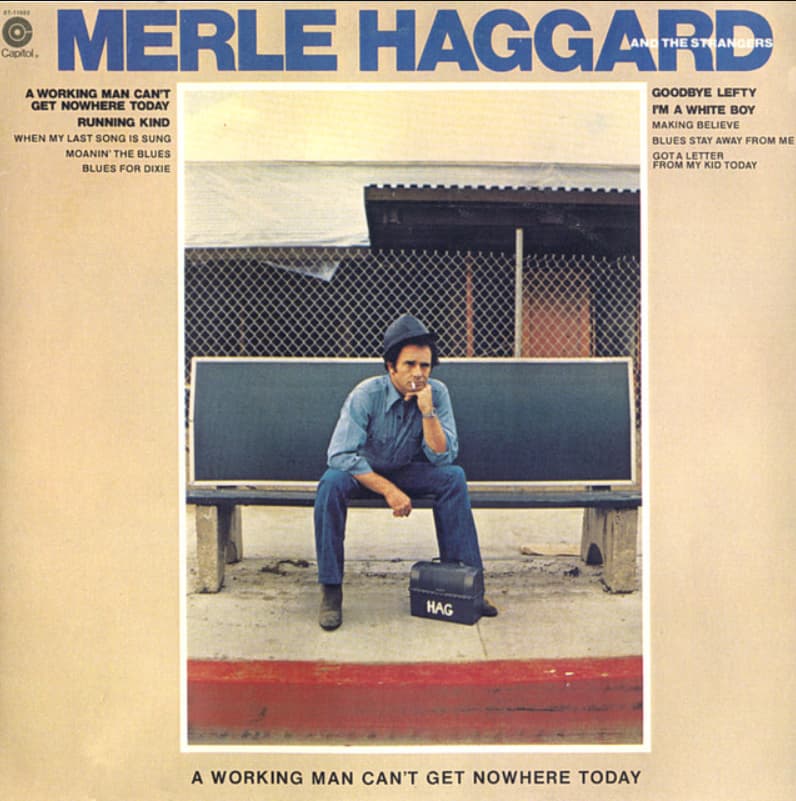
I’m a White Boy: A Song of Self-Identity and Working-Class Pride
In the annals of country music, Merle Haggard stands as a towering figure, a true icon of the genre. His music, infused with a blend of Bakersfield twang and heartfelt lyricism, resonated deeply with audiences, capturing the struggles and triumphs of the American working class. Among his vast repertoire of hits, “I’m a White Boy” stands out as a poignant and personal anthem, a declaration of self-identity and working-class pride.
Released in 1977, “I’m a White Boy” emerged during a tumultuous era in American history, a time marked by heightened racial tensions and social unrest. Against this backdrop, Haggard’s song struck a chord with many, offering a voice to those who felt marginalized and misunderstood.
A Song of Self-Affirmation
The song’s opening lines, “I’m a white boy, born in America / I ain’t never been ashamed of my name,” set the tone for Haggard’s unwavering self-affirmation. He embraces his heritage, his identity, without apology or reservation. This declaration of pride, however, is not rooted in racial superiority or prejudice. Instead, it stems from a deep sense of self-acceptance and a recognition of his place in the American tapestry.
Haggard’s lyrics paint a vivid picture of the working-class experience, capturing the struggles and resilience of those who toil with their hands. He sings of “thumbin’ and a kickin’ cans” and “just a white boy lookin’ for a place to do my thing.” These lines evoke images of a hard-working man, scraping by, yet undeterred in his pursuit of a better life.
A Working Man’s Anthem
The song’s chorus, “I’m a white boy, just like you / I ain’t no better or no worse, it’s true,” serves as a powerful reminder of our shared humanity. Haggard transcends racial divides, acknowledging that despite our differences, we are all bound by common experiences and aspirations.
“I’m a White Boy” is not merely a declaration of identity; it is a call to unity and understanding. Haggard’s message is one of empathy and compassion, urging us to look beyond our differences and recognize the shared humanity that connects us all.
A Legacy of Truth and Authenticity
In a world often divided by race and class, Merle Haggard’s “I’m a White Boy” stands as a beacon of truth and authenticity. It is a song that speaks to the heart of the working class, offering a message of self-acceptance, pride, and unity. Haggard’s legacy lives on in his music, a testament to his ability to capture the essence of the American experience with honesty, compassion, and a touch of Bakersfield grit.